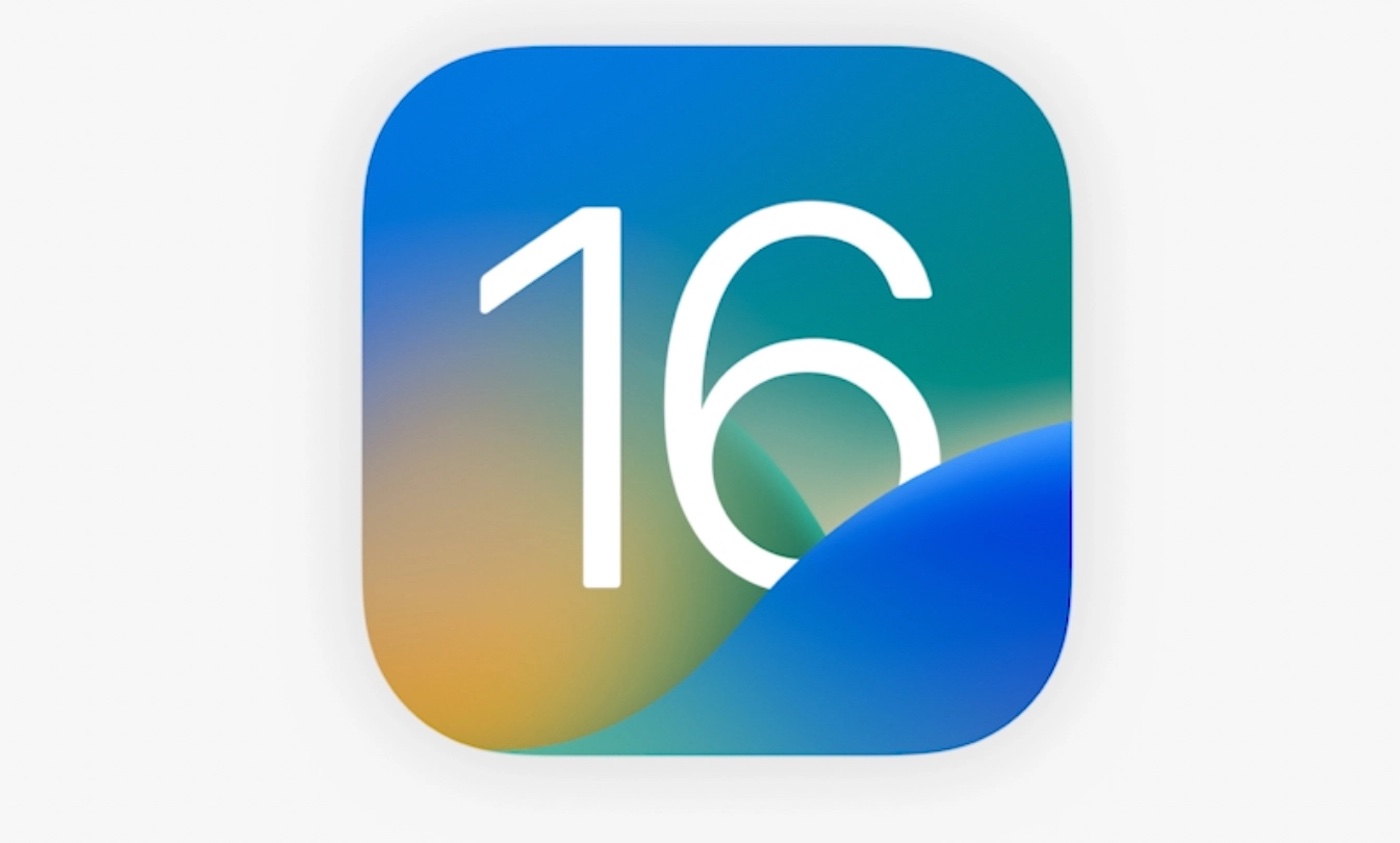How to protect your data from fraudsters?
Contents
- 1 1. Internet is a source of pleasure
- 2 2. Internet can also be a source of stress
- 3 3. What do scammers look for the most on the internet?
- 4 4. How to protect your data on the internet?
- 5 5. Are there any sites that should be avoided to protect yourself?
- 6 6. Are banking sites safe?
- 7 7. Are paid services protecting your data safe?
1. Internet is a source of pleasure
The Internet is a tremendous source of entertainment and pleasure. It provides people with thousands of options to have fun, including online games, movies to watch, social networking sites, and more. Also, the Internet makes it easy for users to find interesting and entertaining content without having to travel or buy a physical product.
The internet is also a great platform for socializing and sharing ideas with other people.. Social networks such as Facebook, Twitter and Instagram allow users to share their opinions on various topics and connect with their friends or family. Online forums also offer a wide variety of useful information that can be accessed from anywhere in the world.
Finally, The Internet is a valuable source of information that can be used for learning and growing. Internet users have the ability to search for information on any subject through various search engines such as Google and Bing. They can also access scientific articles and other important documents published by academic institutions or companies free of charge.
2. Internet can also be a source of stress
The internet is a source of stress for many people. Indeed, thanks to unlimited access to information and social networks, there is a risk that users will be confronted with information that can be difficult to manage. For example, the pressure of being constantly online and online harassment can have a negative impact on people’s mental and physical health. Moreover, online tools such as video games or mobile apps can easily become addictive and increase user stress. Researchers have also determined that spending too much time on the internet can cause stress for some people as they fail to find an appropriate balance between their digital life and their real life.
3. What do scammers look for the most on the internet?
Internet scammers are primarily looking for money. For this, they are looking for sensitive information such as banking details and user passwords. They can thus be looking for personal data to carry out identity theft or to send malicious and fraudulent emails.
Furthermore, fraudsters may also attempt to hoard online accounts in order to carry out illicit financial transactions or to access the confidential information stored there. Finally, fraudsters may be interested in sensitive business informationin particular those concerning their IT infrastructure and their online reputation.
4. How to protect your data on the internet?
Data is a precious asset to be protected on the internet.
- The best way to do this is to use strong, unique passwords for every online account, as well as double-factor permissions.
- It is also important keep your software up to date to fix security vulnerabilities that can be exploited by hackers. It is advised to use antivirus and enable anti-malware features to block malicious websites.
- Moreover, limit the amount and type of information you share onlinebecause it can be used against you by malicious people.
- Finally, if possible, use a secure connection (SSL) when you access sensitive websites or enter personal information.
5. Are there any sites that should be avoided to protect yourself?
There are several sites that can be dangerous for your online security, including those that contain malicious code or malware. These sites can infect your computer with viruses or spyware that can steal your personal information or harm your system. Therefore, it is crucial to know which sites to avoid to protect your online security.
You should actively check for updates on the website you are visiting and pay attention to alert messages that the website is not safe. You should also check if a website is well referenced before downloading from it to limit the possibility of being infected with malware. Finally, it is advisable to use a reliable antivirus to regularly scan your system and check if the website you are visiting is safe and secure for your online protection.
6. Are banking sites safe?
Banking sites are very safe, genuinely. The encryption systems used by banks to protect your data are extremely strong and can prevent any unauthorized attempt to access your personal information. Additionally, banks have strict policies to ensure the confidentiality and integrity of the banking information they hold. They also take additional measures to guarantee the security and confidentiality of financial transactions carried out on their websites., such as using firewalls and multi-factor authentication to prevent unauthorized access to bank accounts. Finally, banking institutions constantly update their security systems in order to stay abreast of potential threats that may be present on the Internet.
7. Are paid services protecting your data safe?
Paid services that protect your data can be a great option for securing your information.
- Companies specializing in this type of protection offer very advanced and adaptable solutions, designed to meet individual needs. They can provide an additional layer of security by encrypting data and monitoring its usage.
- Additionally, these services often include tools such as password management, multi-factor authentication, and behavioral analysis. which can detect potential threats.
- They can also offer instant alerts if suspicious activity is detected on your account or on your device.
- Plus, they usually support different operating systems so you can get comprehensive protection.
As a result, a paid service that protects your data can be very reliable and safe to use to protect your personal and business information. The level of privacy they offer is superior to that provided by the free solutions available on the market, as they are designed by expert professionals who take the security of your data seriously!

